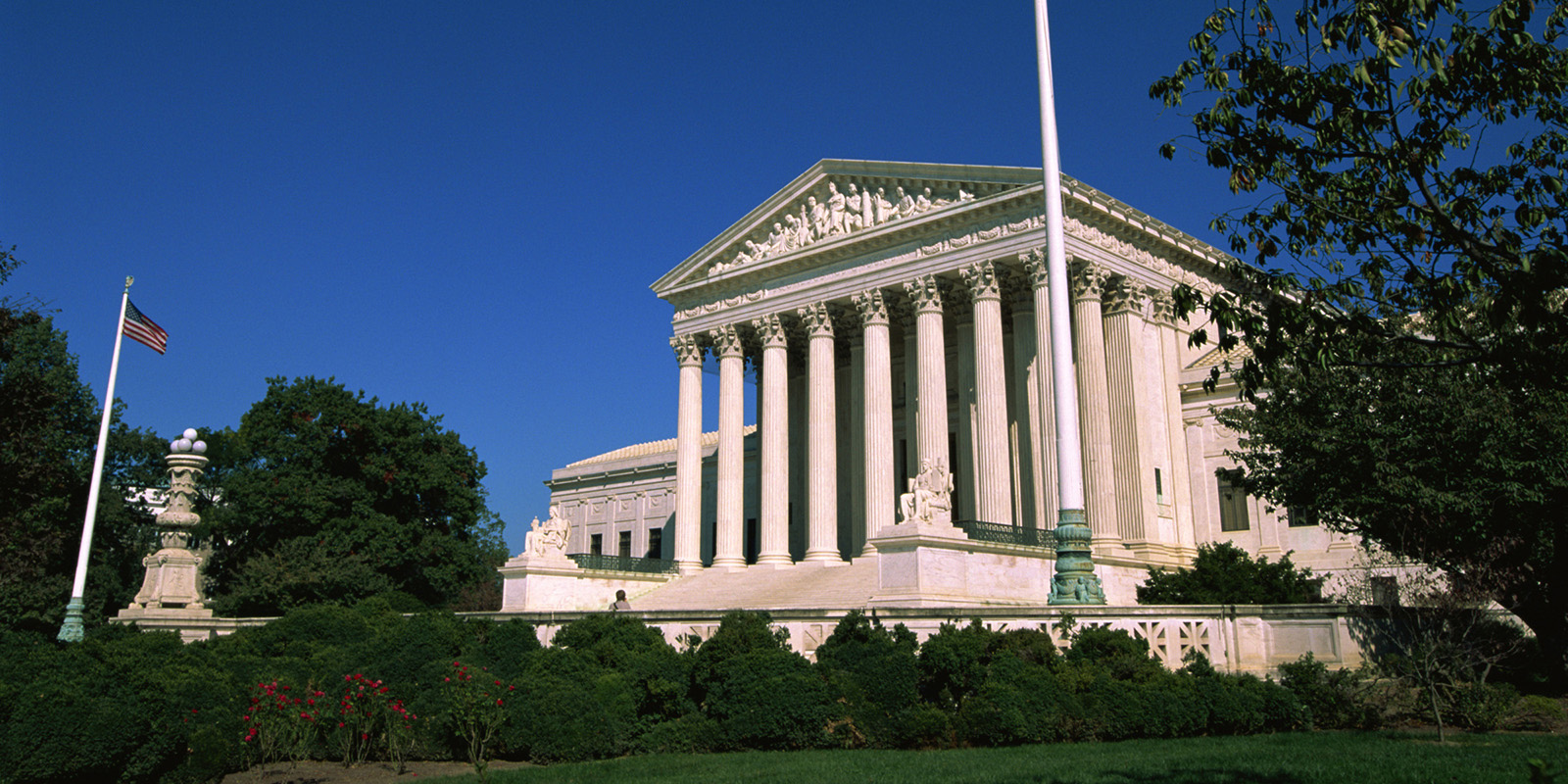
Court Puts Vets First: "Rule of Two" Prevails Over AbilityOne
The U.S. Court of Federal Claims ("COFC") recently ruled that the Department of Veterans Affairs ("VA") must apply the "Rule of Two" before consulting the AbilityOne list when buying goods and services.
Background
The Javits-Wagner-O'Day Act ("JWOD") requires government agencies, including the VA, to purchase products and services that appear on the AbilityOne List. This list includes products and services from nonprofits that employ blind and severely disabled people. The Veterans' Benefits Act of 2006 ("VBA") establishes the "Rule of Two," requiring the VA to purchase from a Service-Disabled Veteran-Owned Small Business ("SDVOSB") or Veteran-Owned Small Business ("VOSB") where it has a reasonable expectation that two or more qualified veteran-owned businesses will make offers at a reasonable price. Both the VBA and the JWOD left open the question about which rule should be applied first. Last year, the U.S. Supreme Court compounded this tension in Kingdomware by ruling that the VA must apply the "Rule of Two" to all purchasing decisions.
COFC's Ruling
COFC's decision in PDS Consultants, Inc. v. United States, No. 16-1063C (2017), holds that the "Rule of Two" should be applied before consulting the AbilityOne list. The case involved a challenge by a SDVOSB to the VA's decision to issue new contracts to suppliers from the AbilityOne list without first applying the "Rule of Two." The VA argued that a "Rule of Two" analysis was not required if procurements were made from businesses added to the AbilityOne list prior to the passage of the VBA. COFC disagreed with the VA, ruling that it must apply the "Rule of Two" analysis for all procurements after the passage of the VBA, "because the preference for veterans is the VA's first priority."
In drawing this conclusion, COFC quoted Kingdomware, in which the Supreme Court highlighted the VBA's requirement that the VA "'shall award contracts' using restricted competition except for certain enumerated exceptions," noting that "the use of the word 'shall' 'demonstrates that [the VBA] mandates the use of the Rule of Two in all contracting before using competitive procedures.'" Just as the VBA contained "no exceptions for orders from the [Federal Supply Schedule] system," Judge Firestone concluded that, "like the FFS, the VBA also does not contain an exception for obtaining goods and services under the AbilityOne program."
As a result, the COFC held that the VA was required to perform a "Rule of Two" analysis before treating the AbilityOne list as a mandatory source for any new contracts.
Lawyer Contacts
For further information, please contact your principal Firm representative or one of the lawyers listed below. General email messages may be sent using our "Contact Us" form, which can be found at www.jonesday.com/contactus/.
J. Andrew Jackson
Washington
+1.202.879.5575
ajackson@jonesday.com
Cherie J. Owen
Washington
+1.202.879.3996
cowen@jonesday.com
Jones Day publications should not be construed as legal advice on any specific facts or circumstances. The contents are intended for general information purposes only and may not be quoted or referred to in any other publication or proceeding without the prior written consent of the Firm, to be given or withheld at our discretion. To request reprint permission for any of our publications, please use our "Contact Us" form, which can be found on our website at www.jonesday.com. The mailing of this publication is not intended to create, and receipt of it does not constitute, an attorney-client relationship. The views set forth herein are the personal views of the authors and do not necessarily reflect those of the Firm.

